One of the pillars that sustains the Ortega Murillo dictatorship is the financing it receives from the International Financial Institutions (IFI). Despite the high levels of repression and crimes against humanity, which according to international organizations have been committed, and the discretionary management of resources, the dictatorship has not stopped receiving external financing, such that at the beginning of 2024 there were at least 97 projects in Nicaragua financed by IFIs.
In the midst of the socio-political crisis, the International Monetary Fund (IMF), the World Bank (WB), the Inter-American Development Bank (IDB) and the Central American Bank for Economic Integration (CABEI) approved 57 of these projects and delivered some 5.082 million dollars to implement them, according to the study: International financial support to Nicaragua and the democratic and human rights crisis, prepared by the International Institute on Race, Equality and Human Rights (Raza e Igualdad).
An analysis conducted by Manuel Orozco from the Inter-American Dialogue points out that, since the beginning of the crisis in 2018, the regime’s sources of financing have decreased, but not ceased. $371 million were received in 2022, which is equivalent to half of the $725 million obtained in 2017. This decrease was only interrupted by the covid-19 pandemic, since in 2021 it was given 936 million to address the emergency.
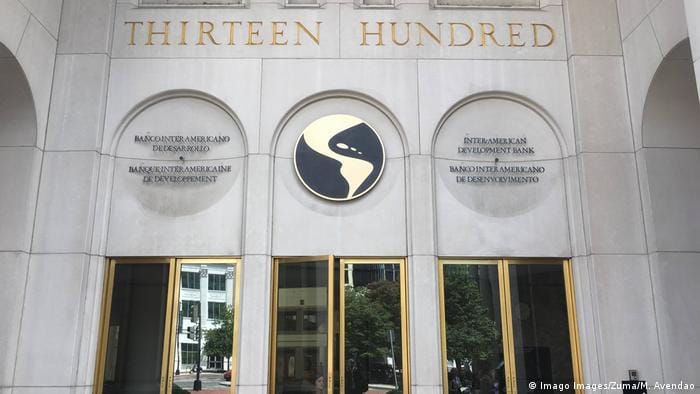
Orozco’s study shows that the sources of bilateral financing have ceased, as have donations. The resources that continue to arrive are mainly loans from multilateral banks, mainly from CABEI, which has become its main lender. To these was recently added the indebtedness with China, its new autocratic ally, with whom it is estimated that by the end of 2024 it will have formalized some 900 million dollars.
The main argument for the IFIs to continue financing the Ortega-Murillo regime is that they are governed by financial criteria, are not subject to political influences and cannot intervene in the internal affairs of the countries. The regime has taken advantage of this position to maintain cordial and even close relations with these entities, especially with CABEI, due to the closeness with its former executive president Dante Mossi.
The continuity of financing has caused the foreign debt to increase since 2020. According to reports from the Central Bank of Nicaragua (BCN) at the end of the first semester of 2024 it totaled 15,272 million dollars, money that Nicaraguans will have to pay in the coming years.
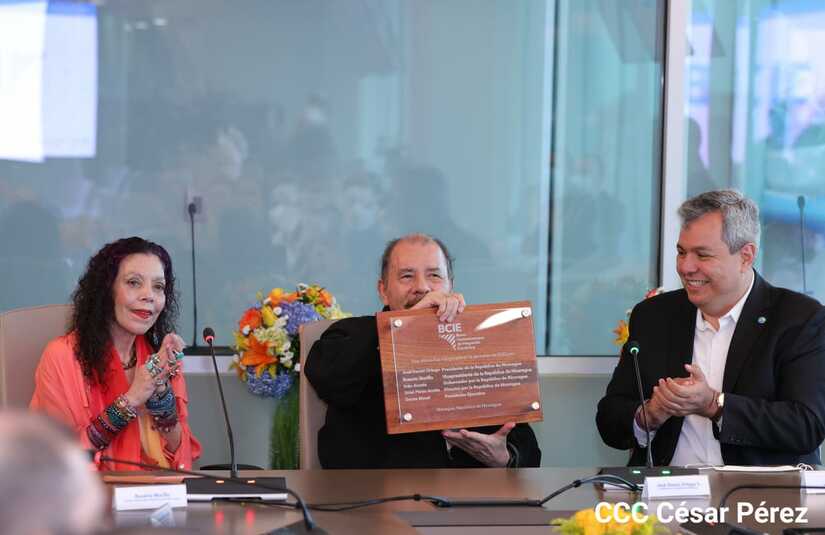
Various social and political actors, as well as national and international human rights organizations, have pointed out that this financing contributes to sustaining and intensifying the surveillance and persecution of Nicaraguans, particularly those considered to be opponents. They have also denounced the lack of transparency in the execution of these funds, and the absence of IFI audits of the loans granted, even though there are clauses and mechanisms that require accountability.
In the context of a police state and the radicalization of repression, the dictatorship has used these resources to increase the budgets of the police and other agencies of citizen persecution.
The United Nations Group of Human Rights Experts on Nicaragua (GHREN) recommended to the IFIs that they condition the delivery of loans on the respect for human rights.
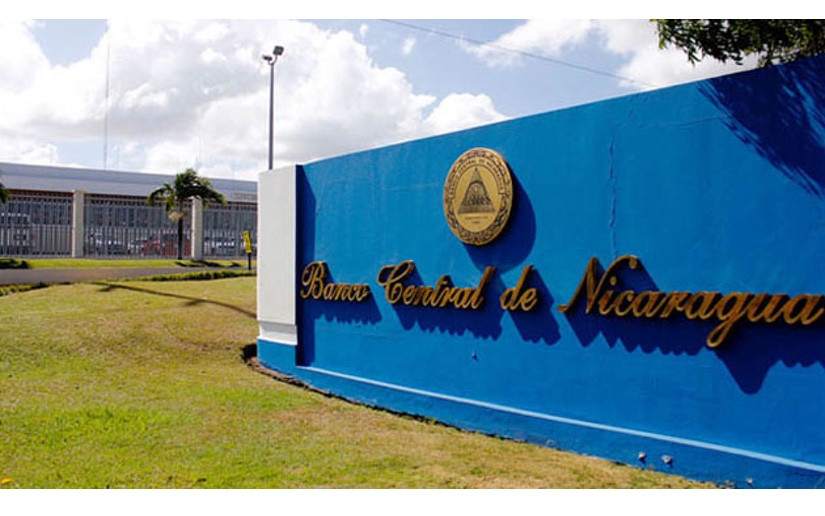
Other human rights defenders and opposition leaders agree with this approach and add that mechanisms should be activated for a strict supervision of the management of the money received by the dictatorship, because the IFIs have the responsibility to ensure respect for human rights and to prevent the resources they provide from being used to violate them.
The Nicaraguan Democratic Concertation (CDN) considers that, on the side of the Nicaraguan actors, mainly the democratic opposition, it is up to them to carry out more and better advocacy actions, to use the mechanisms established by the IFIs to promote an active social audit, and to demand that information on the funds granted to the Ortega Murillo regime be made transparent.
Also to demand that projects under implementation be reviewed to verify that resources are being used appropriately, to demand that the complaints made by Nicaraguan actors be addressed, and to enlist the support of the governments participating in these bodies to play a more active role in monitoring and auditing the human rights situation in Nicaragua.
It is time for self-evaluation and change for the international community
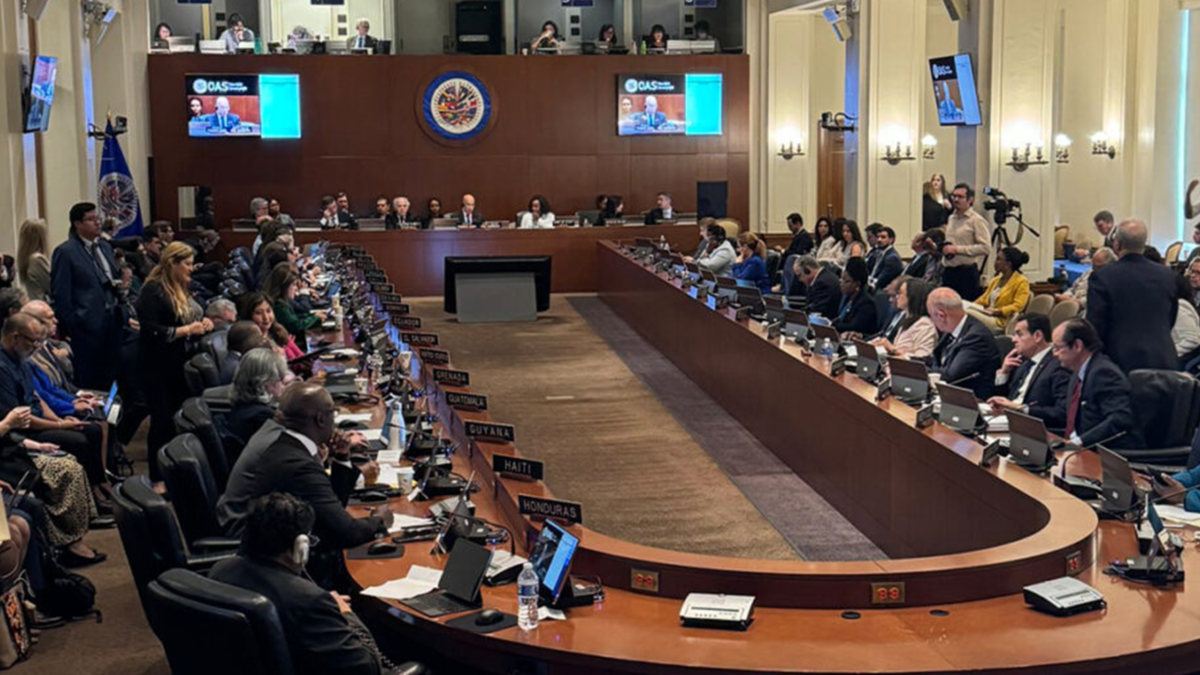
The worsening of the crisis facing Nicaragua and Venezuela invite us to reflect on the role of the international community in seeking solutions and the lack of results of those efforts.
When we talk about the international community, the first thing to note is the lack of interaction and congruence in the way governments, parliaments, regional organizations, human rights defenders, judicial bodies and the International Financial Institutions (IFIs) understand and respond to these crises.
In Latin America there are some countries that assume positions committed to the defense of democracy and respect for human rights, while others for ideological reasons, argue respect for the sovereignty of each country and turn their backs on the seriousness of the facts, and some turn a blind eye because they have economic interests with both dictatorships.
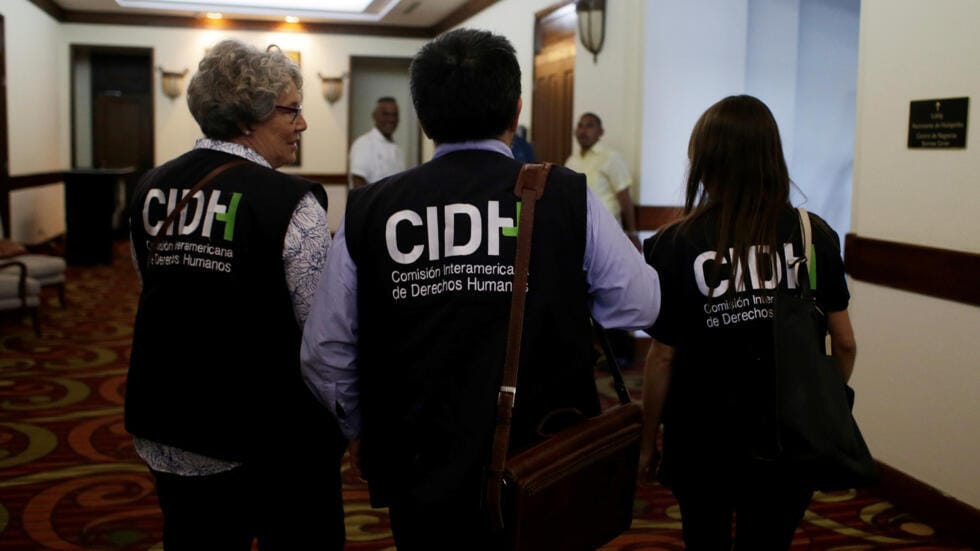
These realities are reflected in the votes of organizations such as the Organization of American States (OAS) where it took Nicaragua six years of destruction of democracy and systematic violation of human rights to achieve a consensus vote to condemn the excesses of the dictatorship. In the case of Venezuela, a second vote had to be taken to condemn the electoral fraud in Venezuela. This action has repercussions on the image and role of the organization, but above all it affects the entire region because it sets dangerous precedents that put democracy at risk.
There is also the case of Mexico, which champions the principle of non-intervention to justify its lack of action, regardless of the fact that it is directly affected by becoming the epicenter of a humanitarian crisis that has left thousands of Nicaraguan, Venezuelan, Cuban and Haitian migrants in a migratory limbo in that country. If these crises are not resolved, this problem will continue to worsen.
The actions of the regimes in Nicaragua and Venezuela have been questioned and publicly denounced on multiple occasions by governments, political organizations, civil society and relevant actors in the field of human rights. Some of these condemnations have been accompanied by sanctions, aimed at individuals and institutions, which unfortunately have not had the desired effectiveness.
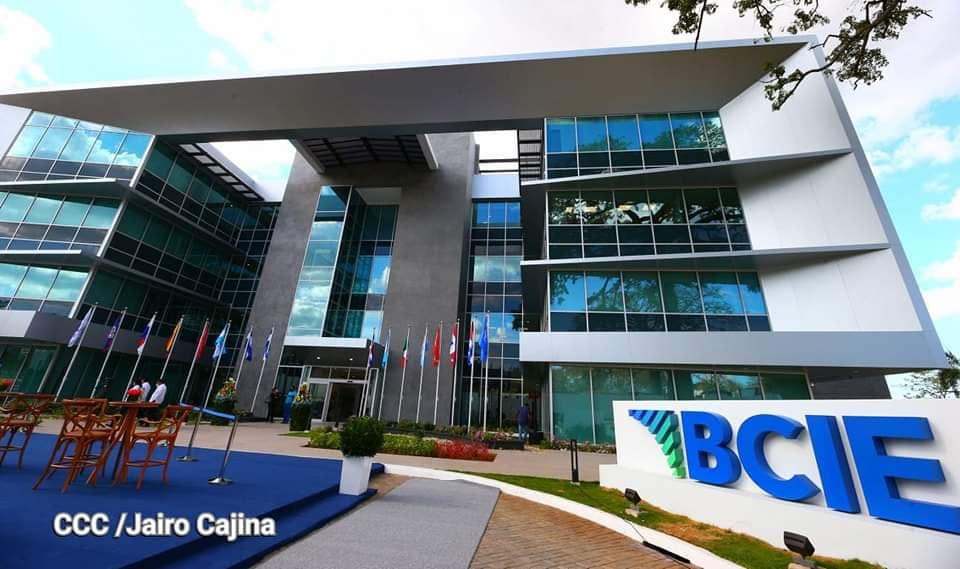
In the particular case of Nicaragua, the same is true of the recommendations issued by various actors such as the Group of Human Rights Experts on Nicaragua (GHREN), the parliaments of the European Union, the British and American parliaments, the United States Commission on International Religious Freedom (USCIRF) and others, which are still waiting for the governments, the only bodies with the capacity to implement them, to decide to put them into practice.
The IFIs are not exempt from this reality and must evaluate their actions. They can no longer justify financial support to these regimes based on the interpretation of internal regulations.
The research titled “International Financial Support to Nicaragua and the Democratic and Human Rights Crisis, conducted by the International Institute on Race, Equality and Human Rights” by Raza e Igualdad (Race and Equality), calls on the IFIs to no longer ignore what is happening and to recognize that respect for democracy and human rights is economically relevant and must be considered when making decisions. Especially if these decisions guarantee the injection of funds to these dictatorships that use them to oxygenate themselves and even to repress their citizens.
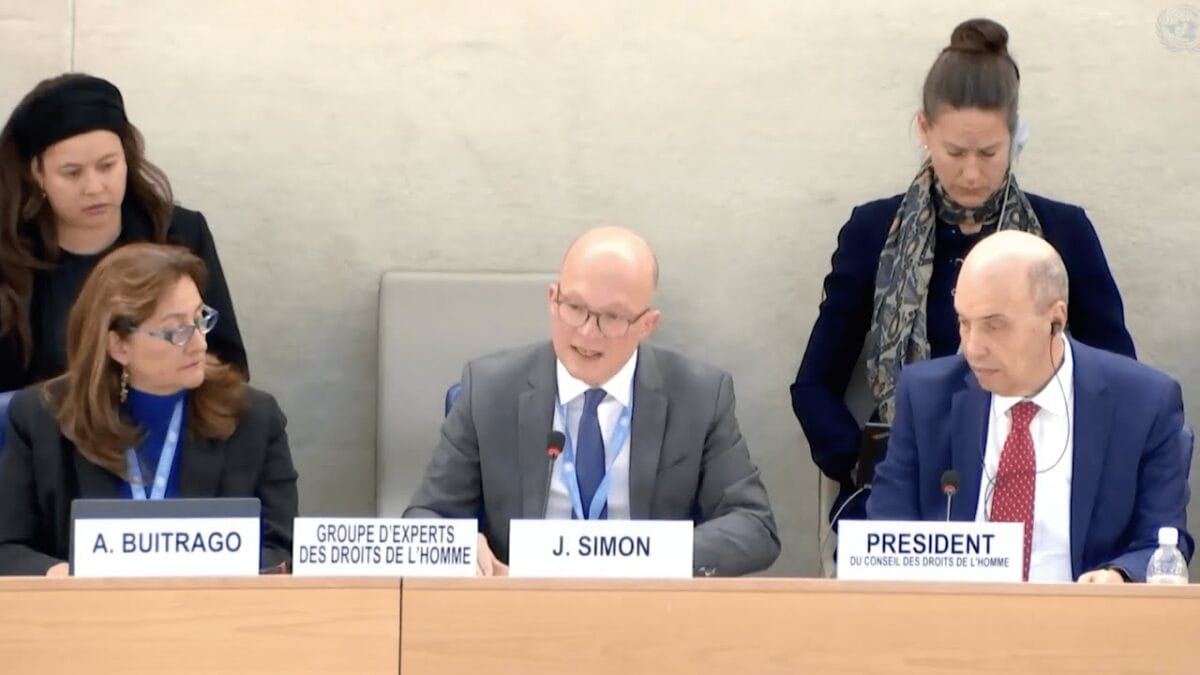
In September of this year, the Central American Bank for Economic Integration (CABEI) approved a new loan of US$130 million for the Ortega Murillo regime, under the argument that it is for human development and social infrastructure. The decision counted with the vote of the governors of all the countries in the region, including Guatemala and Costa Rica. Both countries voted although their governments publicly and forcefully criticize the Nicaraguan regime. They act under the premise that if they do not approve their loans then Nicaragua will not approve theirs. This can only be called “hijacked institutionality”.
The lack of interaction and congruence among international actors has allowed these regimes to feel immune and with carte blanche to repress their citizens and cling to power at any cost.
In the Nicaraguan Democratic Concertation (CDN) we believe that it is time for the international community to stop the funding and start working together with countries, parliaments, institutions and human rights organizations. It is time for them to unanimously promote the recommendations issued by specialized bodies and, above all, to apply pressure or retaliation measures to stop the non-compliance with international obligations of countries like Nicaragua that destroy democracy and violate the rights of its citizens.
